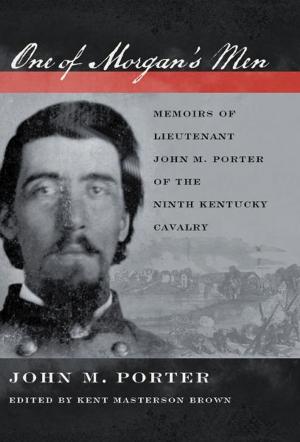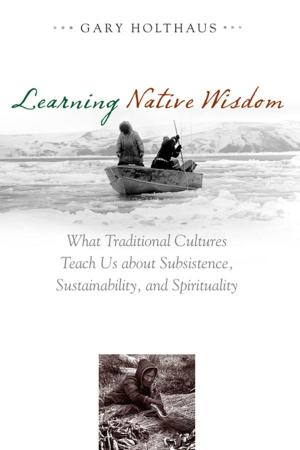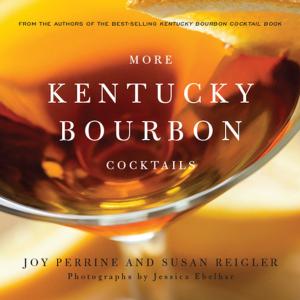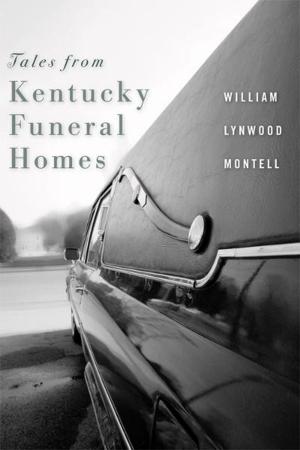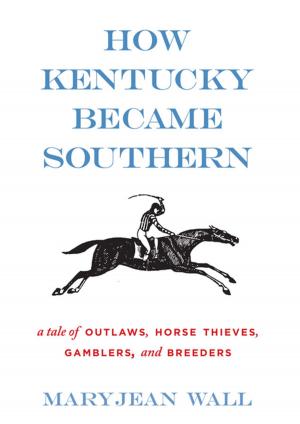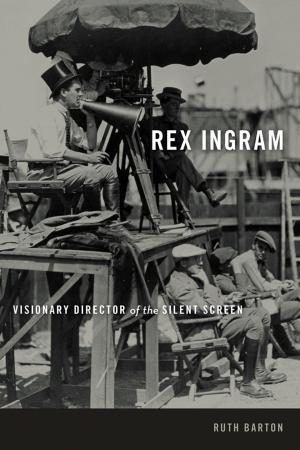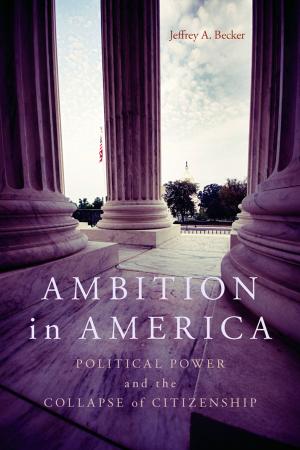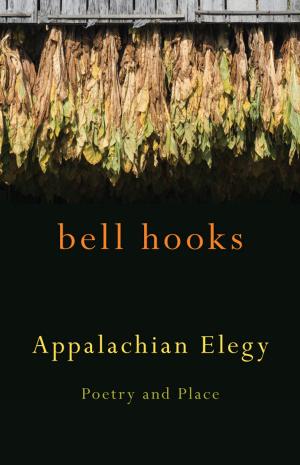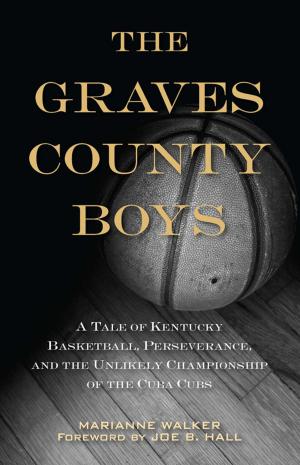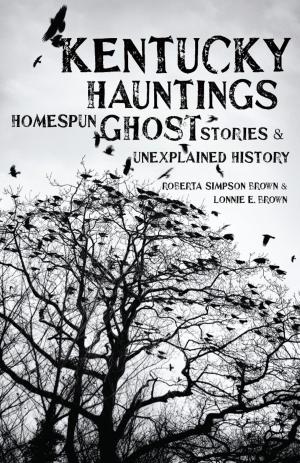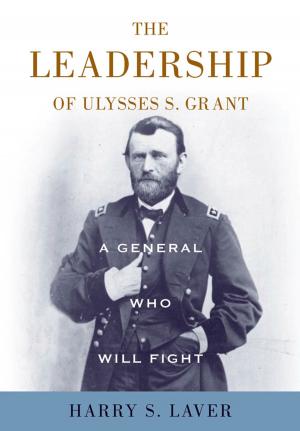Hollywood's West
The American Frontier in Film, Television, and History
Nonfiction, Entertainment, Film, History & Criticism, Performing Arts, Social & Cultural Studies, Social Science, Cultural Studies, Popular Culture| Author: | ISBN: | 9780813138558 | |
| Publisher: | The University Press of Kentucky | Publication: | November 11, 2005 |
| Imprint: | The University Press of Kentucky | Language: | English |
| Author: | |
| ISBN: | 9780813138558 |
| Publisher: | The University Press of Kentucky |
| Publication: | November 11, 2005 |
| Imprint: | The University Press of Kentucky |
| Language: | English |
American historians such as Frederick Jackson Turner have argued that the West has been the region that most clearly defines American democracy and the national ethos. Throughout the twentieth century, the "frontier thesis" influenced film and television producers who used the West as a backdrop for an array of dramatic explorations of America's history and the evolution of its culture and values. The common themes found in Westerns distinguish the genre as a quintessentially American form of dramatic art. In Hollywood's West, Peter C. Rollins, John E. O'Connor, and the nation's leading film scholars analyze popular conceptions of the frontier as a fundamental element of American history and culture. This volume examines classic Western films and programs that span nearly a century, from Cimarron (1931) to Turner Network Television's recent made-for-TV movies. Many of the films discussed here are considered among the greatest cinematic landmarks of all time. The essays highlight the ways in which Westerns have both shaped and reflected the dominant social and political concerns of their respective eras. While Cimarron challenged audiences with an innovative, complex narrative, other Westerns of the early sound era such as The Great Meadow (1931) frequently presented nostalgic visions of a simpler frontier era as a temporary diversion from the hardships of the Great Depression. Westerns of the 1950s reveal the profound uncertainty cast by the cold war, whereas later Westerns display heightened violence and cynicism, products of a society marred by wars, assassinations, riots, and political scandals. The volume concludes with a comprehensive filmography and an informative bibliography of scholarly writings on the Western genre. This collection will prove useful to film scholars, historians, and both devoted and casual fans of the Western genre. Hollywood's West makes a significant contribution to the understanding of both the historic American frontier and its innumerable popular representations.
American historians such as Frederick Jackson Turner have argued that the West has been the region that most clearly defines American democracy and the national ethos. Throughout the twentieth century, the "frontier thesis" influenced film and television producers who used the West as a backdrop for an array of dramatic explorations of America's history and the evolution of its culture and values. The common themes found in Westerns distinguish the genre as a quintessentially American form of dramatic art. In Hollywood's West, Peter C. Rollins, John E. O'Connor, and the nation's leading film scholars analyze popular conceptions of the frontier as a fundamental element of American history and culture. This volume examines classic Western films and programs that span nearly a century, from Cimarron (1931) to Turner Network Television's recent made-for-TV movies. Many of the films discussed here are considered among the greatest cinematic landmarks of all time. The essays highlight the ways in which Westerns have both shaped and reflected the dominant social and political concerns of their respective eras. While Cimarron challenged audiences with an innovative, complex narrative, other Westerns of the early sound era such as The Great Meadow (1931) frequently presented nostalgic visions of a simpler frontier era as a temporary diversion from the hardships of the Great Depression. Westerns of the 1950s reveal the profound uncertainty cast by the cold war, whereas later Westerns display heightened violence and cynicism, products of a society marred by wars, assassinations, riots, and political scandals. The volume concludes with a comprehensive filmography and an informative bibliography of scholarly writings on the Western genre. This collection will prove useful to film scholars, historians, and both devoted and casual fans of the Western genre. Hollywood's West makes a significant contribution to the understanding of both the historic American frontier and its innumerable popular representations.

